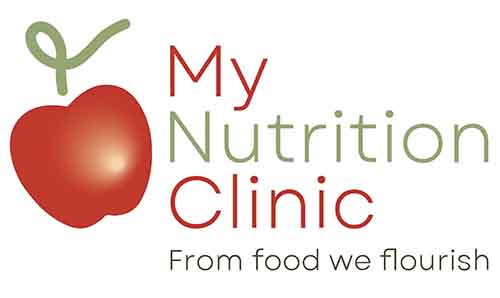Child Nutrition
Which milk?
With so many milks on offer today, it can be hard to know which one to choose. It no longer comes down to the choice between full fat or reduced fat cows’ milk. There is lactose free milk, A2 milk as well as cows’ milk alternatives such as goats’ milk, soy milk, almond milk, rice milk, coconut water and oat milk.
Why do we need milk at all?
Milk provides a great source of calcium that is well absorbed. We need calcium for strong bones and teeth, but also to drive certain processes in our body called homeostasis. If we don’t have enough dietary calcium, our body will simply start absorbing calcium from bones and teeth in order to maintain homeostasis. What does this mean? Broken bones and big dentist bills!
Milk has also been link to maintaining a healthy weight in adults.
Milk is a good source of protein which helps to rebuild muscles and tissues.
So which one should you choose?
That really depends on your taste preference, your budget and your tolerance. Here are some facts to help you choose.
Goats milk – is an alternative to cows’ milk but is not suitable as an alternative if you have a cows’ milk protein allergy. Mammalian milks have very similar proteins so an allergy to cows’ milk will usually mean an allergy to goats’ milk/ sheeps’ milk.
Soy Milk – as long as you choose ‘ fortified with calcium’ and ‘no added sugar’, this provides the same amount of calcium as cows’ milk and has no lactose. Although this milk doesn’t contain cows’ milk protein, children with milk protein allergy may also react to soy protein.
Oat Milk – Is a good alternative to cows’ milk as it has a low allergenic potential. It has less protein than cows’ milk which may need to be added through other foods. Again, like soy milk, find one which is fortified with calcium and has no added sugar.
Almond milk – Choose one fortified with calcium and no added sugar. Most varieties are low in energy and sugars and has less protein that cows’ milk. This milk is not suitable for those with a tree nut or almond allergy. Note: Check the calcium content of Organic alternatives to milk as many don’t have added calcium which is one of the key nutritional benefits of milk!
A2 Milk – Is cows’ milk from cows producing the A2 beta casein protein while regular cows’ milk has a mix of A1 and A2 beta casein. Studies in rats have shown decreased gut motility and increased inflammation when fed regular milk as opposed to the A2 variety. A2 milk may therefore be beneficial to individuals experiencing gastrointestinal upsets such as bloating and constipation, however it is not appropriate for individuals with cows’ milk protein allergy.
Lactose Free Milk – has had the lactose pre-digested (ie. lactase enzyme is added to digest the lactose). If your diet has been dairy free for a while, you may have trouble digesting lactose. This is in most cases a temporary condition. It can also occur after gastroenteritis, or in uncontrolled coeliac disease. Lactose free milk is a good temporary solution to obtaining adequate calcium but it is not generally necessary in the long term. Reintroduction of lactose is better accepted in increasing quantities and taken with meals.
Cows Milk – is a good source of calcium, protein, iodine, potassium, phosphorus, vit B2 and B12. It is a great nutritious no frills option though obviously not appropriate if you have cows’ milk protein allergy!
So once you have chosen the best milk for you – try it out in an action-packed smoothie. Smoothies can be useful for adults and children who don’t eat breakfast or need to eat on the run. Click on the picture below for the recipe.
Author: Jacqui Palmer




